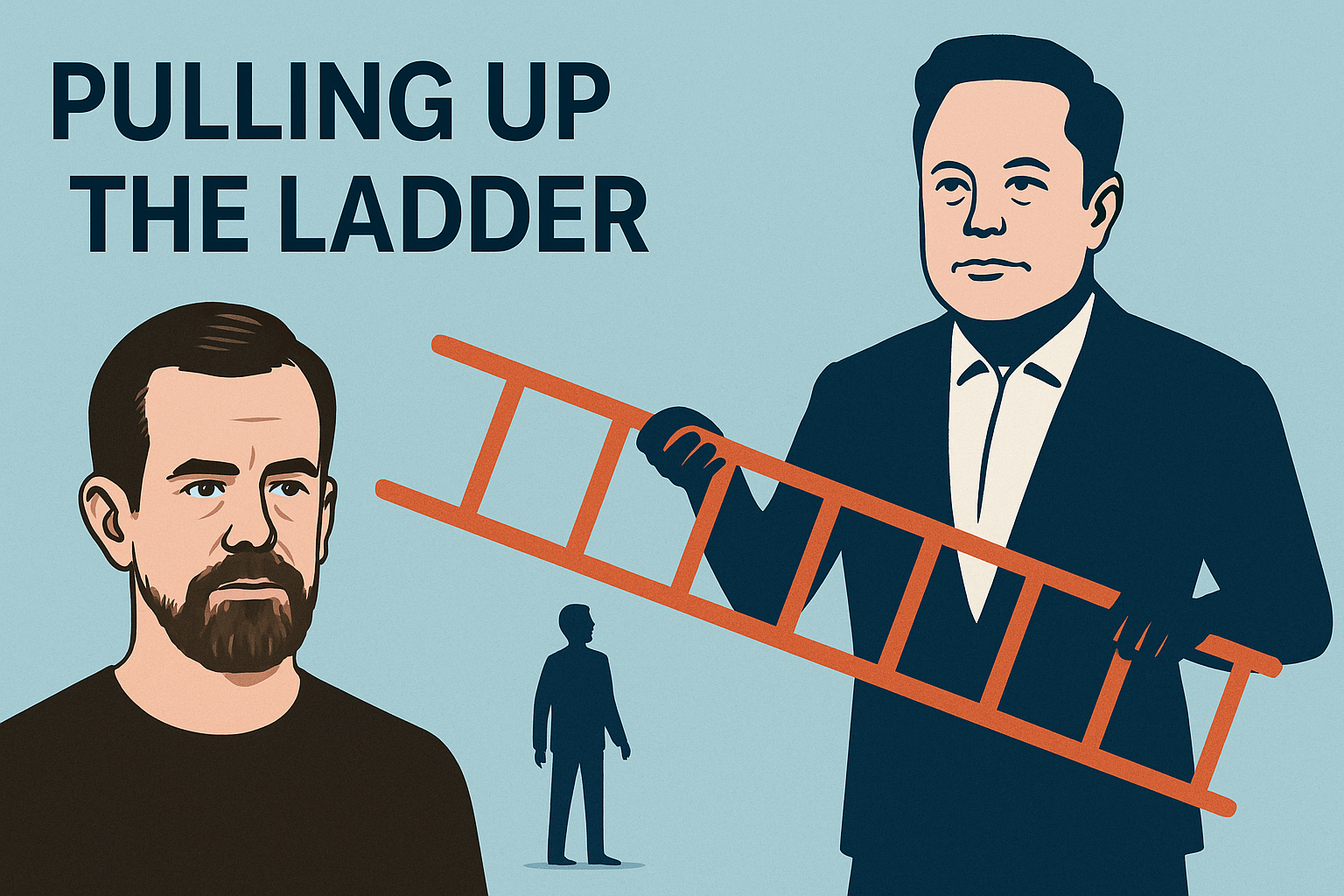Author: Jim W. Ko
-
Beyond the Single Work: Rethinking Fair Use’s Market Harm Test for the Creator Economy in the AI Age [AI & Copyrights Part 3 of 3]
![Beyond the Single Work: Rethinking Fair Use’s Market Harm Test for the Creator Economy in the AI Age [AI & Copyrights Part 3 of 3]](https://koailaw.com/wp-content/uploads/2025/05/AI-paradox-for-IP.png)
This final article in a three-part series explores why U.S. copyright law must limit the transformative use defense to human creativity in the age of AI. Read more
-
Reasonable Expectation of Copyright: The Fourth Amendment Evolved With Tech. Copyright Should Too [Part 1 of 3].
![Reasonable Expectation of Copyright: The Fourth Amendment Evolved With Tech. Copyright Should Too [Part 1 of 3].](https://koailaw.com/wp-content/uploads/2025/05/AI-training-on-books.png)
What do AI training and government surveillance have in common? Both challenge long-held legal assumptions about what it means for something to be “public” in the face of rapidly developing technology. This article draws a sharp analogy between the Fourth Amendment’s evolution in response to technological surveillance and the moment of reckoning now facing copyright… Read more
-
What Getting Fired Taught Me About Due Process—A Better Vision For AI-Assisted Due Process For All [Part 3 of 3]
![What Getting Fired Taught Me About Due Process—A Better Vision For AI-Assisted Due Process For All [Part 3 of 3]](https://koailaw.com/wp-content/uploads/2025/05/machines-can-clarify-only-humans-can-judge.png)
Discover how role-segregated AI agents can revolutionize due process without replacing human judgment. Machines organize complexity; humans deliver justice. Read more
-
What Getting Fired Taught Me About Due Process—Why AI Can’t Deliver Justice… [Part 2 of 3]
![What Getting Fired Taught Me About Due Process—Why AI Can’t Deliver Justice… [Part 2 of 3]](https://koailaw.com/wp-content/uploads/2025/05/justice-may-be-blind-but-it-must-be-human.png)
AI was supposed to eliminate human bias in decision-making—but in reality, it threatens to automate injustice at scale. Learn why AI-driven adjudication risks eroding fairness, amplifying bias, and contaminating the very idea of due process. Read more
-
Mayday for May Day?

Participated in both the May Day protest march and the Law Day renewal of attorney oaths ceremony in downtown Phoenix yesterday. Two very different groups, but same foundation. “Where the law ends, tyranny begins.” The Constitution matters. Faith in our prospects for justice and the rule of law restored. Read more
-
“Delete All IP law”? Why the Tech Titans Want to Pull Up the Ladder Behind Them

Elon Musk and Jack Dorsey want to “delete all IP.” But in an AI-driven future, reform—not repeal—of IP law is essential for creators and startups. Read more
-
Data Is the New Oil: How to License Datasets for AI Without Losing Control (Part 2 of 2)

In Part 1 of this article, we explained the differences between local vs. cloud licensing models and why cloud access is ideal from the licensor’s perspective but often unrealistic due to standard industry practices. We ended by highlighting the need for data licensors to mitigate the security risks that come with providing local copies of… Read more
-
Data Is the New Oil: How to License Datasets for AI Without Losing Control (Part 1 of 2)

Learn the risks of dataset licensing for AI, why cloud-only access is ideal, and how to protect your data against leakage, misuse, and exfiltration. Read more
![Confessions of an AI-Assisted Legal Blogger [Epilogue of AI & Copyrights Series – Part 1 of 2]](https://koailaw.com/wp-content/uploads/2025/05/blog-robot-blank-slate.png)
![Not Fair Use: Transformative Use Ends Where Generative AI Begins [AI & Copyrights Part 2 of 3]](https://koailaw.com/wp-content/uploads/2025/05/Fair-Use-featured-image.png)